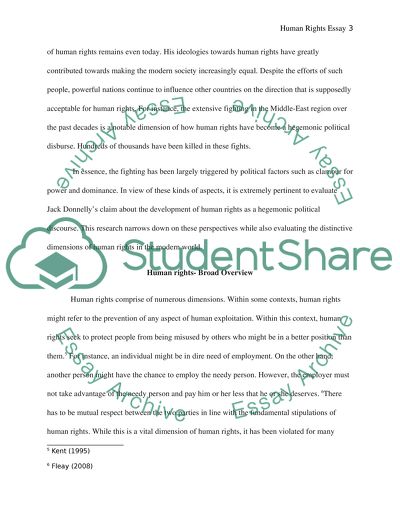Cite this document
(“Critically assess Jack Donnellys claim that human rights have become a Essay”, n.d.)
Critically assess Jack Donnellys claim that human rights have become a Essay. Retrieved from https://studentshare.org/history/1637032-critically-assess-jack-donnellys-claim-that-human-rights-have-become-a-hegemonic-political-discourse-or-what-mervyn-frost-calls-settled-norms-of-contemporary-international-society
Critically assess Jack Donnellys claim that human rights have become a Essay. Retrieved from https://studentshare.org/history/1637032-critically-assess-jack-donnellys-claim-that-human-rights-have-become-a-hegemonic-political-discourse-or-what-mervyn-frost-calls-settled-norms-of-contemporary-international-society
(Critically Assess Jack Donnellys Claim That Human Rights Have Become a Essay)
Critically Assess Jack Donnellys Claim That Human Rights Have Become a Essay. https://studentshare.org/history/1637032-critically-assess-jack-donnellys-claim-that-human-rights-have-become-a-hegemonic-political-discourse-or-what-mervyn-frost-calls-settled-norms-of-contemporary-international-society.
Critically Assess Jack Donnellys Claim That Human Rights Have Become a Essay. https://studentshare.org/history/1637032-critically-assess-jack-donnellys-claim-that-human-rights-have-become-a-hegemonic-political-discourse-or-what-mervyn-frost-calls-settled-norms-of-contemporary-international-society.
“Critically Assess Jack Donnellys Claim That Human Rights Have Become a Essay”, n.d. https://studentshare.org/history/1637032-critically-assess-jack-donnellys-claim-that-human-rights-have-become-a-hegemonic-political-discourse-or-what-mervyn-frost-calls-settled-norms-of-contemporary-international-society.


